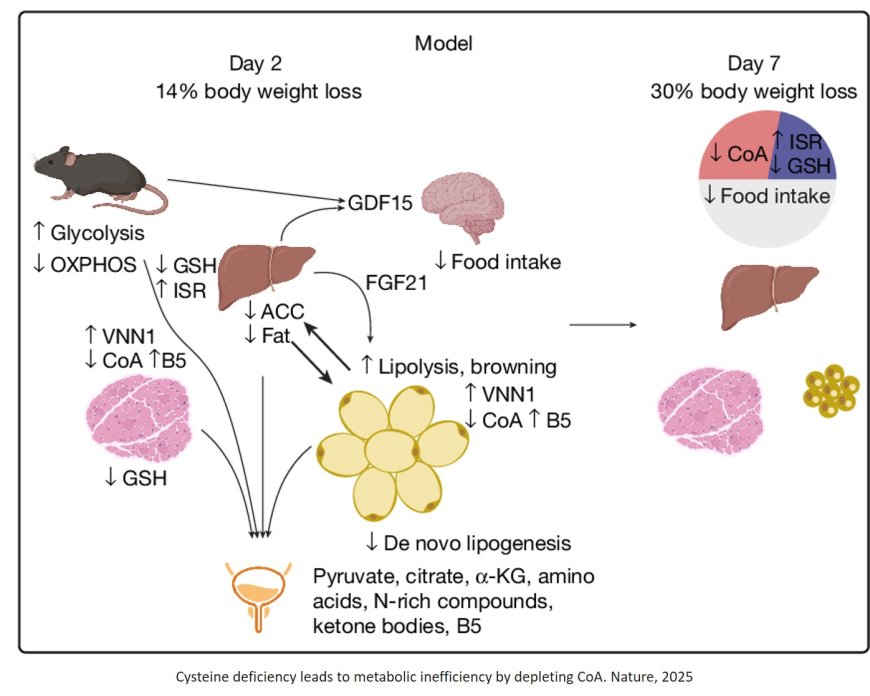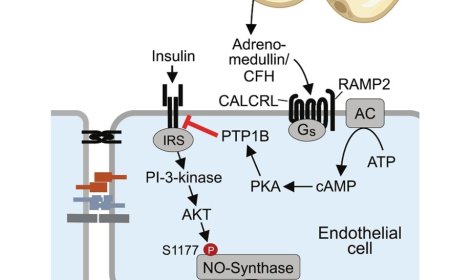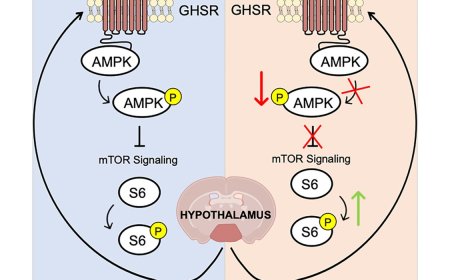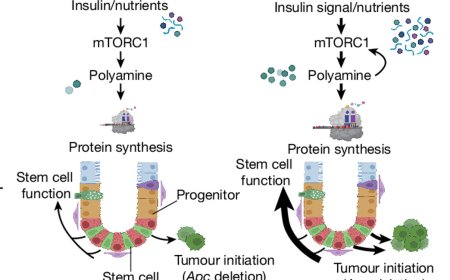Reduction in amino acid cysteine triggers weight loss

Consuming fewer calories is largely accepted as a way to improve health and lose weight, but a recently published study in Nature Metabolism points to a specific sulfur-containing amino acid cysteine as a key component in weight loss. The researchers discovered that when study participants restricted their calorie intake, it resulted in reduced levels of cysteine in white fat.
The researchers contributed to the study in which they examined cysteine and discovered that it triggered the transition of white fat cells to brown fat cells, which are a more active form of fat cells that burn energy to produce heat and maintain body temperature. When researchers restricted cysteine in animal models entirely, it drove high levels of weight loss and increased fat burning and browning of fat cells, further demonstrating cysteine’s importance in metabolism.
“In addition to the dramatic weight loss and increase in fat burning resulting from the removal of cysteine, the amino acid is also central to redox balance and redox pathways in biology,” said one of the author’s in the study. “These results suggest future weight management strategies that might not rely exclusively on reducing caloric intake.”
The article is based on results from trials involving both human participants and animal models. For the human trials, researchers examined fat tissue samples taken from trial participants who had actively restricted calorie intake over a year. When examining the fat tissue samples, they looked for changes in the thousands of metabolites, which are compounds formed when the body breaks down food and stores energy. The exploration of these metabolites indicated a reduced level of cysteine.
“Reverse translation of a human caloric restriction trial identified a new player in energy metabolism,” said another author. “Systemic cysteine depletion in mice causes weight loss with increased fat utilization and browning of adipocytes.”
The tissue samples came from participants in the CALERIE clinical trial, which recruited healthy young and middle-aged men and women who were instructed to reduce their calorie intake by an average of 14% over two years. With the reduction of cysteine, the participants also experienced subsequent weight loss, improved muscle health, and reduced inflammation.
In the animal models, researchers provided meals with reduced calories. This resulted in a 40% drop in body temperature, but regardless of the cellular stress, the animal models did not exhibit tissue damage, suggesting that protective systems may kick in when cysteine is low.
https://www.nature.com/articles/s42255-025-01297-8
https://www.nature.com/articles/s41586-025-08996-y













